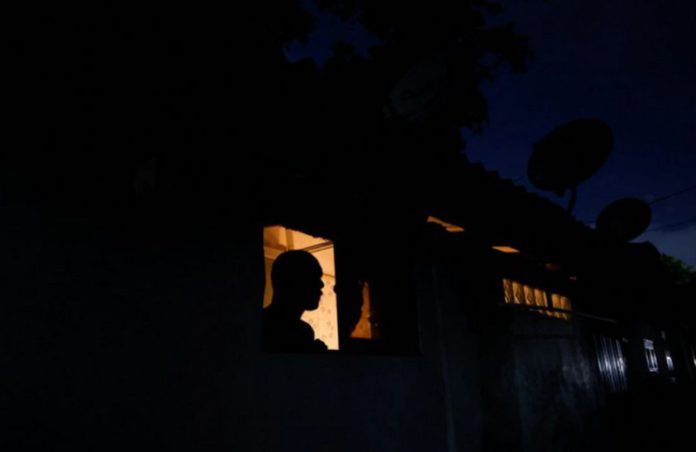A new survey by Global InfoAnalytics has revealed a surprising level of public support for Ghana’s recently suspended Energy Sector Levy, commonly known as the Dumsor Levy.
Contrary to widespread perceptions of opposition, the poll indicates that 55% of Ghanaian voters support the levy, which adds GH₵1 to every litre of fuel. According to the findings, 22% of voters opposed the levy, while a significant 23% remained neutral.
The survey was conducted by Mussa K. Dankwah, Pollster and Head of Research at Global InfoAnalytics, using probability random online sampling from May 10 to May 20, 2025. It involved 1,092 respondents and has a 99% confidence level with a margin of error of ±3.82%.
The Dumsor Levy—officially the Energy Sector Levies (Amendment) Act, 2025—was introduced to tackle Ghana’s mounting energy sector debt, which stood at over US$3.1 billion as of March 2025. It also aimed to secure funds for procuring liquid fuels for thermal power plants, in a bid to ensure a stable electricity supply and prevent a return to the country’s notorious erratic power outages, locally known as dumsor.
Despite these intentions, the levy, which was initially set to take effect on June 9, met immediate resistance from key stakeholders, including transport unions and the Minority in Parliament. Mounting public pressure led the Ghana Revenue Authority (GRA) to first delay and then indefinitely suspend its collection. The government cited global crude oil price volatility as justification—a reason critics widely dismissed.
However, Mussa K. Dankwah’s findings now paint a more nuanced picture of public sentiment.
The strong level of support suggests that many Ghanaians may view the levy as a necessary, albeit difficult, sacrifice to ensure consistent and reliable power supply—a problem that has long plagued the nation and severely impacted businesses and daily life.
The high costs associated with unreliable electricity—such as damaged equipment and dependence on expensive generators—may have shaped this pragmatic perspective among voters.
The release of the survey also comes at a time when Ghanaians are facing additional financial strain from a 2.45% increase in electricity tariffs, effective July 1, 2025, as announced by the Public Utilities Regulatory Commission (PURC).
This added cost underscores the financial burden on consumers, making the apparent support for another levy—even one currently suspended—a notable and unexpected development.
The results from Global InfoAnalytics could reignite policy discussions around the Dumsor Levy and its possible reintroduction. The data suggests that, despite initial resistance from organized groups, a silent majority of Ghanaians may prioritize energy stability, even if it comes with an additional financial burden.
The decision now rests with the government—how it responds to this emerging public sentiment could shape the future of Ghana’s energy sector reform.
ALSO READ:
- Husband butchers wife over alleged cheating at Bawjiase
-
76-year-old seeks GH¢10,000 compensation from ex-fiancé for ‘cheating’ [Video]


